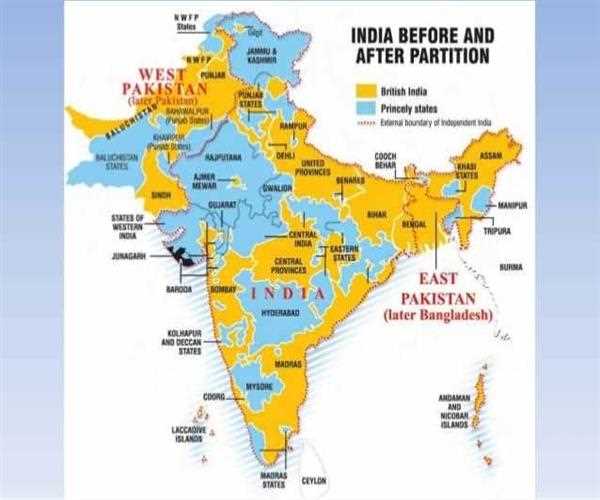*Creation of a new state*

Article 1(1) of the constitution of India says that "India, that is Bharat, should be Union of States". The word Union was purposely picked set up of Federation to show that Indian Union isn't the consequence of an understanding between states {which can be broken at whim} and its segment states have no opportunity to withdraw from it. In this way, while states can be broken, revamped by variation of limits, the nation is an association which can't be broken. Focal Government can change the name, limits of the states without their consent too. That is the reason Dr. B R Ambedkar called India as an "indestructible Union of destructible states".
Production of New States
The First calendar of the constitution has the rundown of the considerable number of states and association regions. Another state in India can be made by three unique means as takes after:
• Breaking/revamping a current state(s)
• Giving status of the undeniable state to an association region
• Acquiring another region
Without a proposition of state
Article 3 engages the parliament roll out improvements in a zone, limits, an area, name of states regardless of whether such proposition does not originate from the concerned state. For this reason, the focal government can essentially get a bill go in the parliament. Nonetheless, constitution orders that at whatever point such things should be done, states must be given a chance to express their perspectives. Hence, the first focal government will make a bill, however, this bill can be presented in parliament just by the proposal of the president. Before making such suggestion, President would send this bill to the concerned state assembly and give it a settled time to express its view on that issue. In any case, state's view has no real effect for a destiny of such bill. Regardless of whether the state says yes or no, once the time given to it has passed, the President may prescribe the bill to be presented in any place of parliament. Once passed the name of a state gets changed.
In this way, we can reason that:
• Alternation of names, limits and so on of states is a right of parliament and parliament has last say on this issue.
• Such a bill is presented in parliament by an earlier proposal of president {because states' interests might be included here}
• States are requested to express their perspectives in stipulated time however for all intents and purposes their view does not make a difference. Once that time has lapsed, parliament can institute the law regardless of whether they say no.
Cheers!